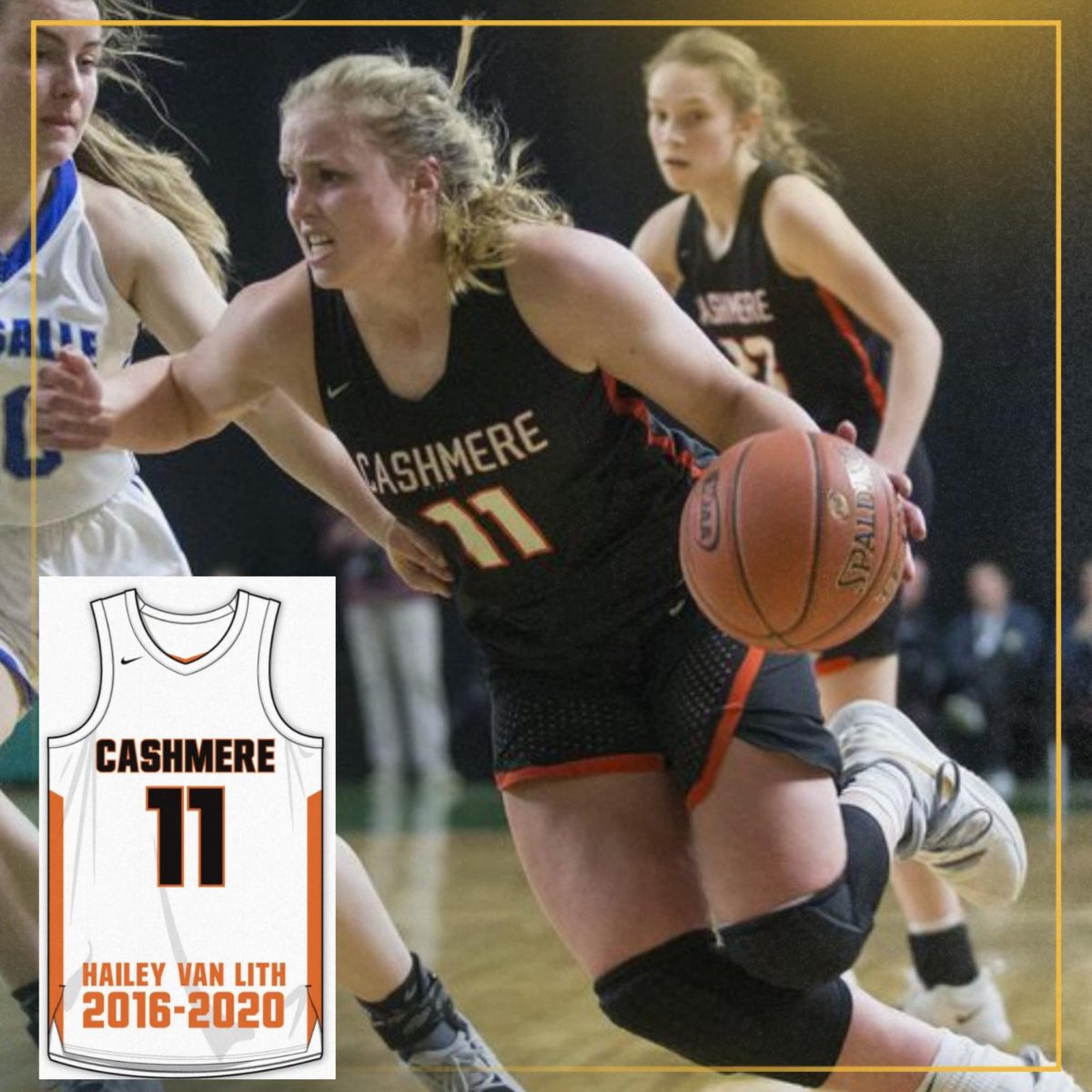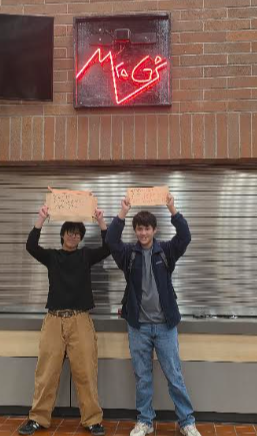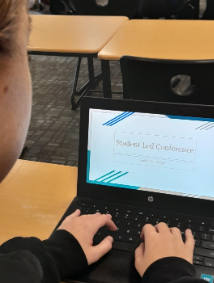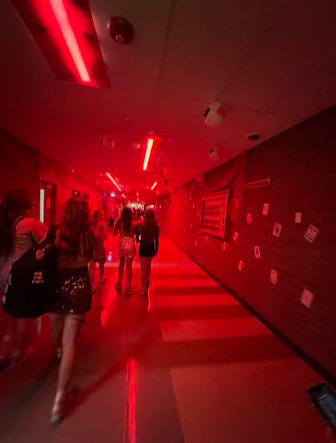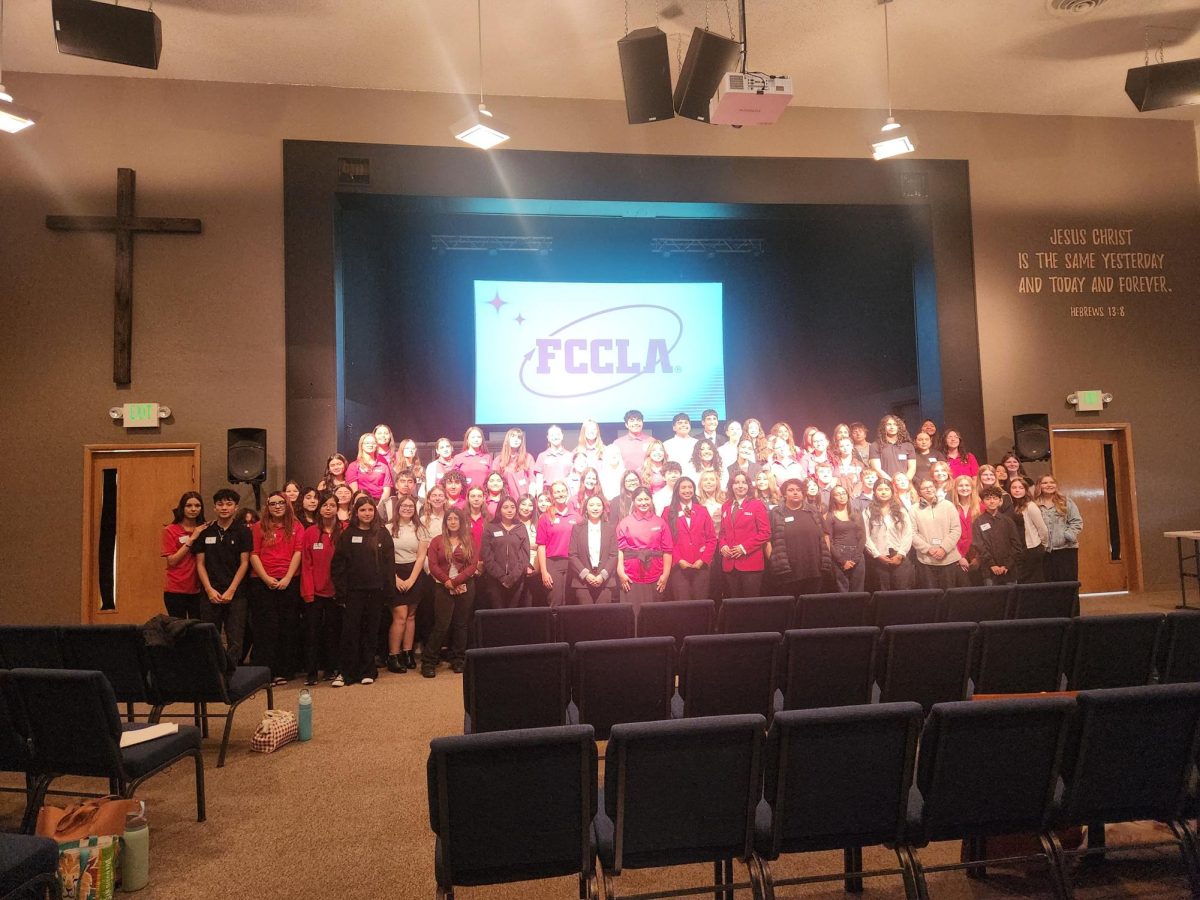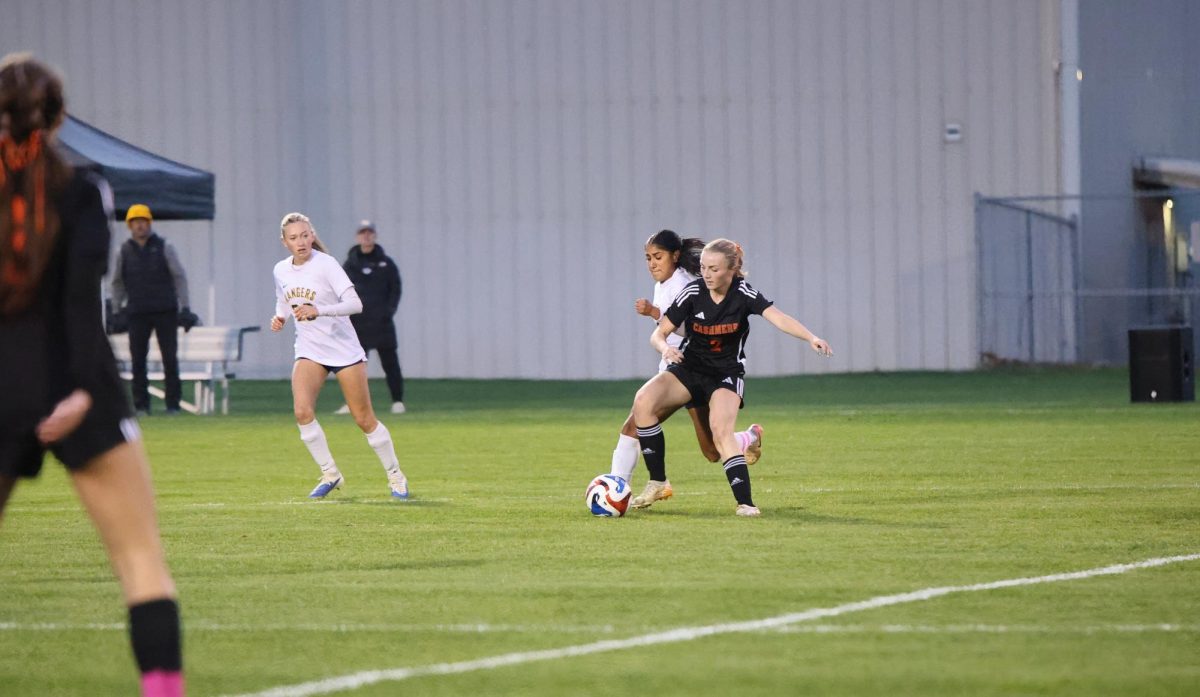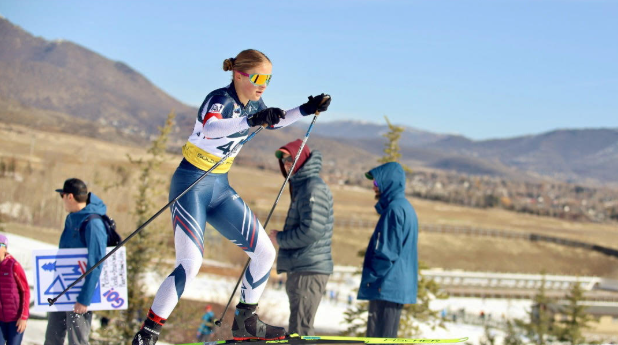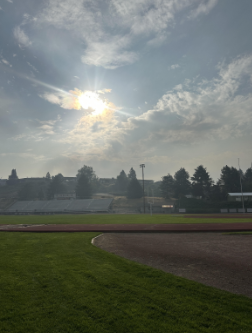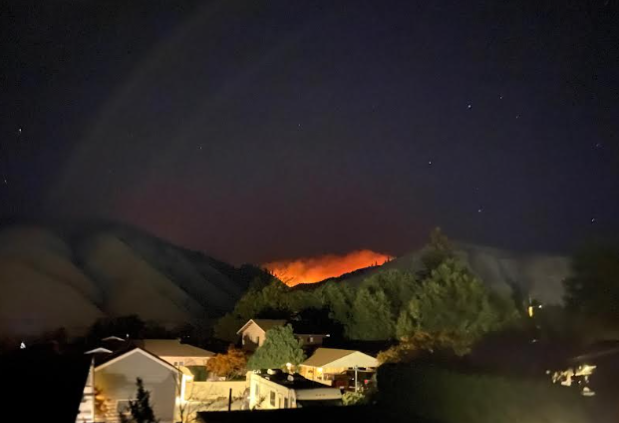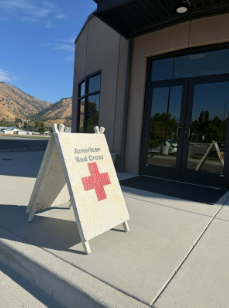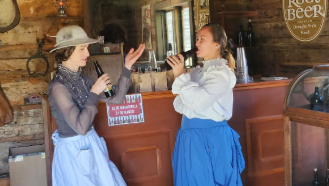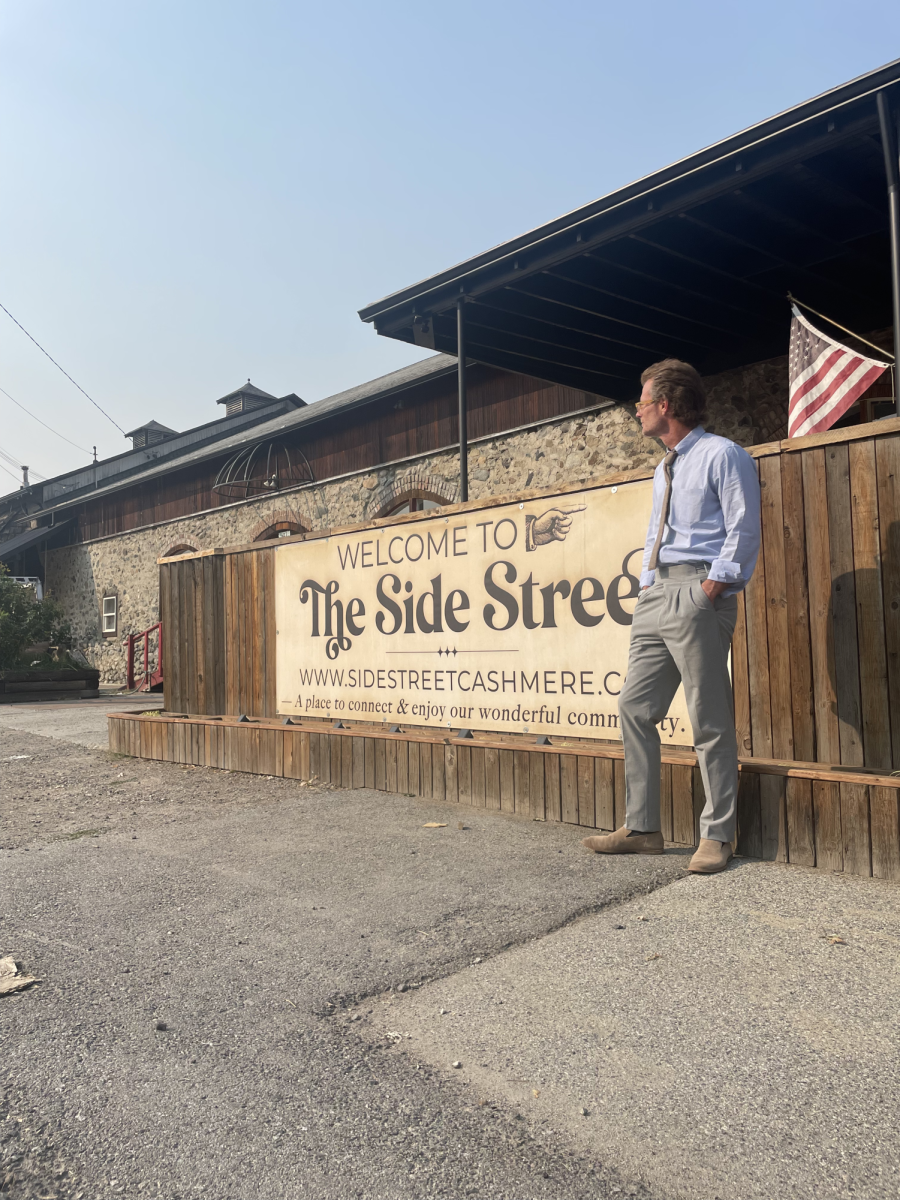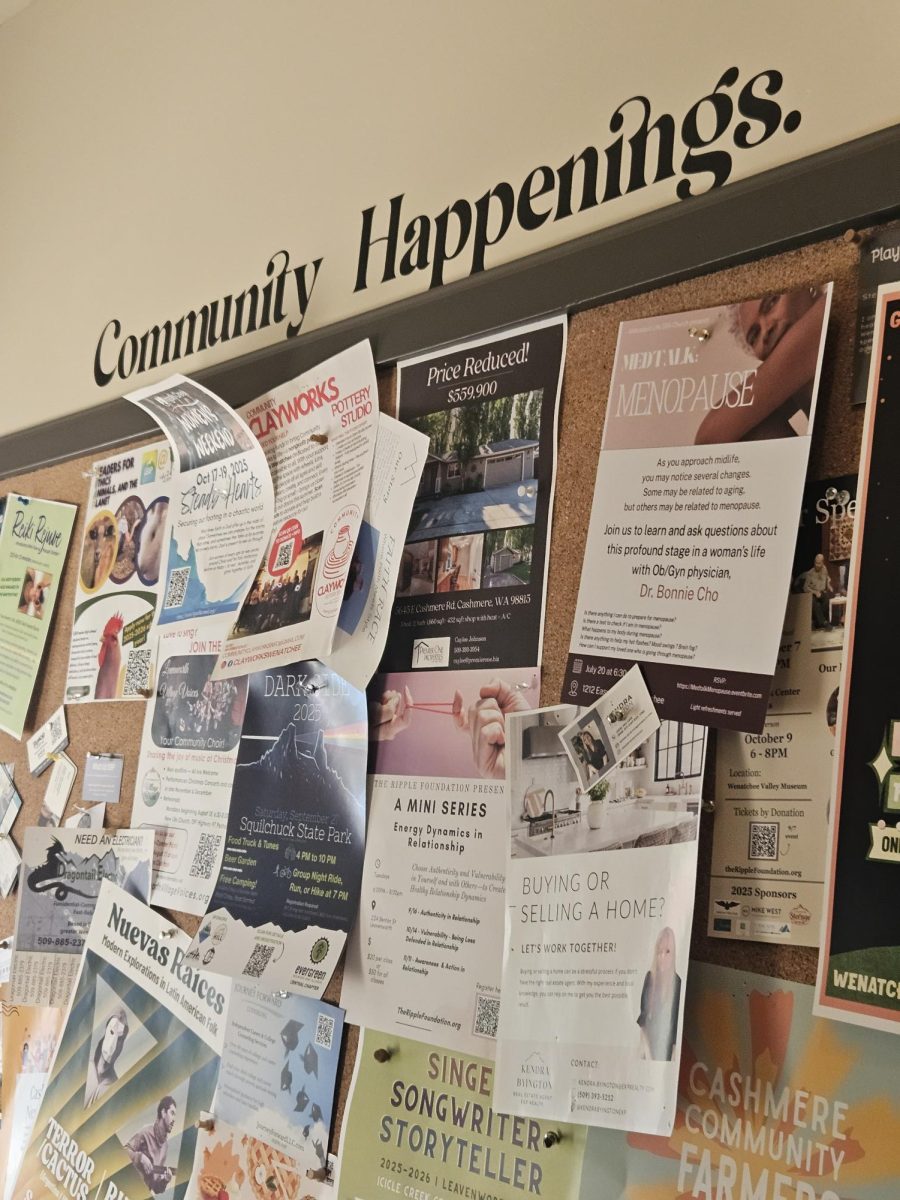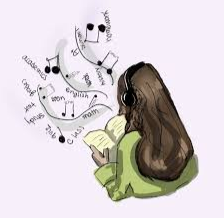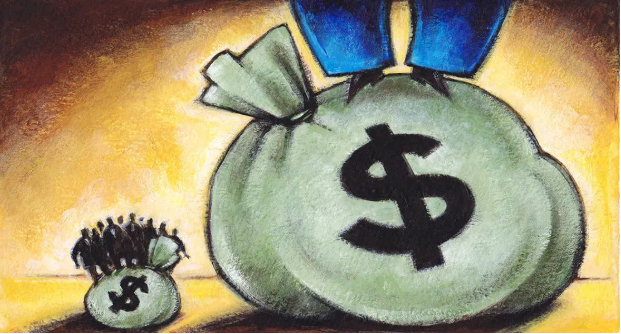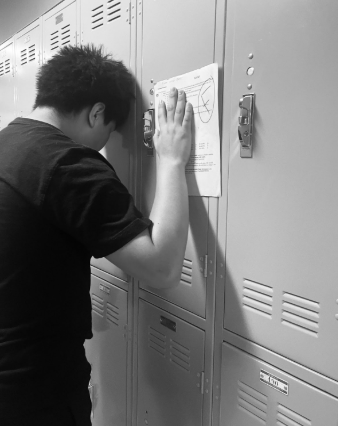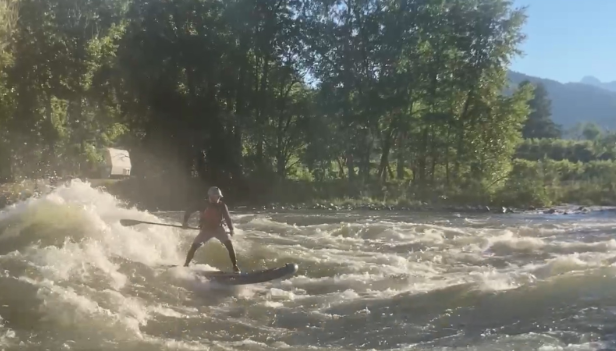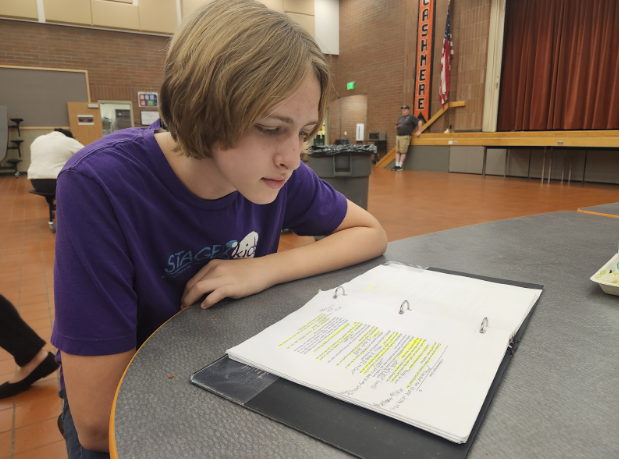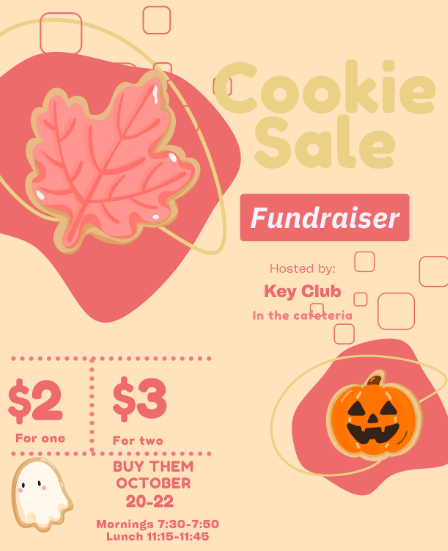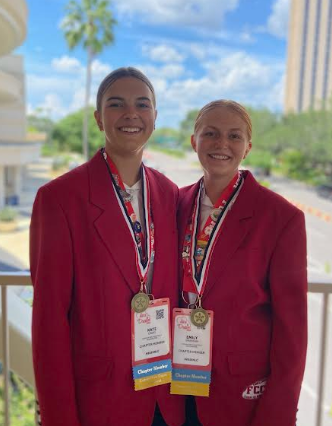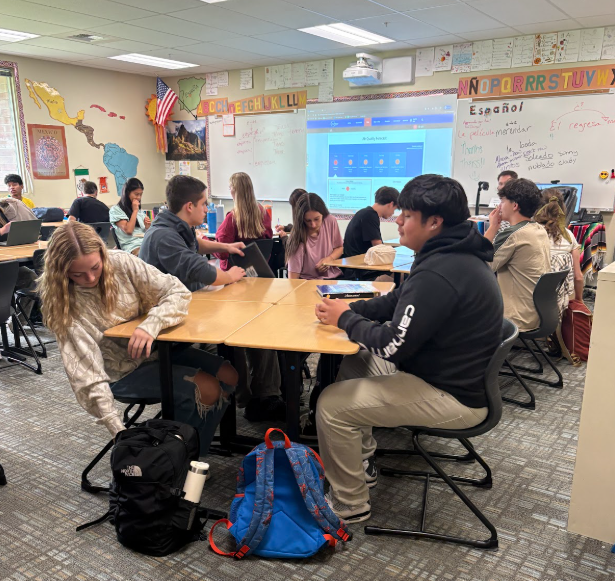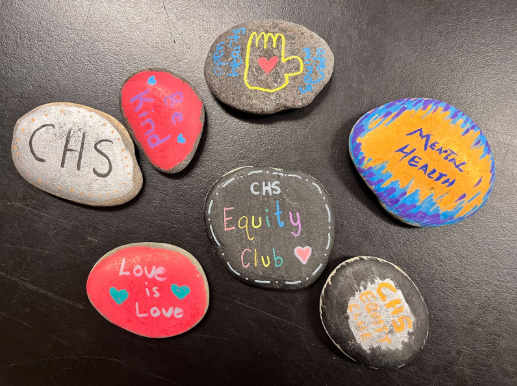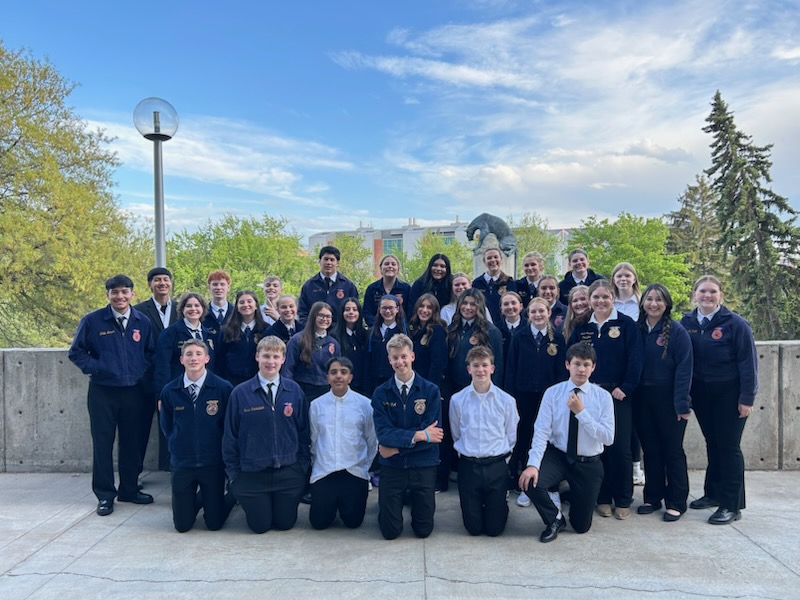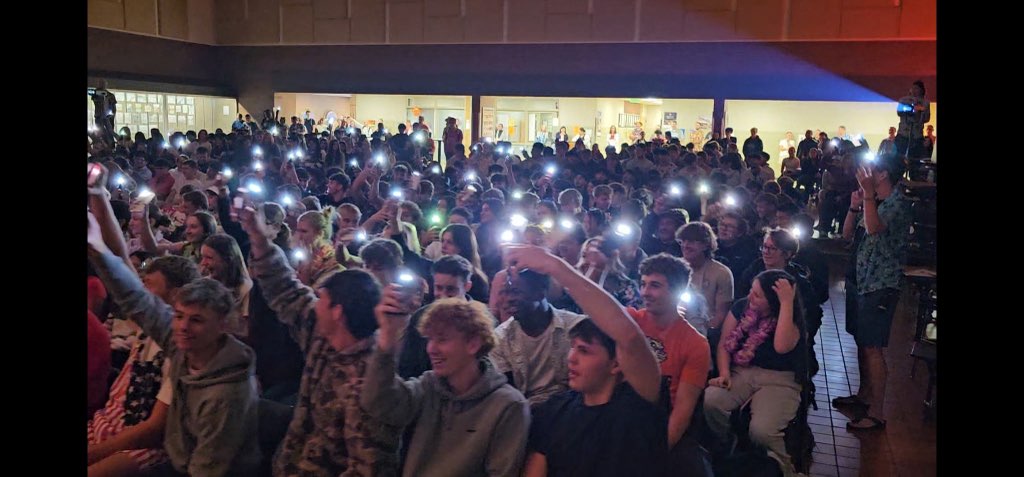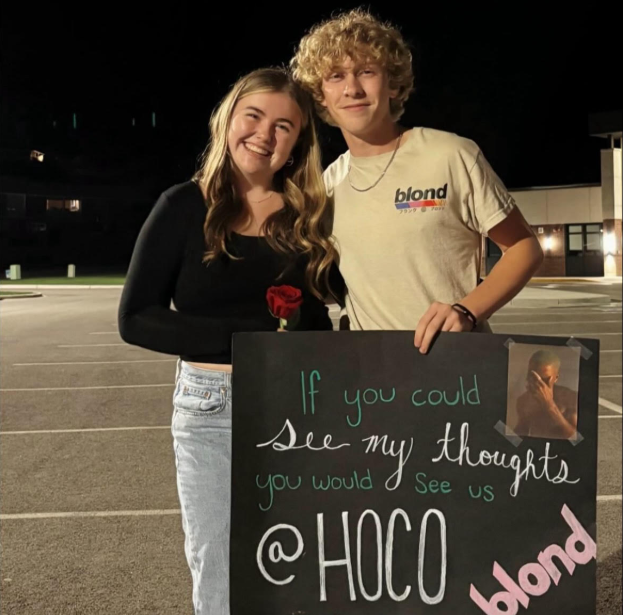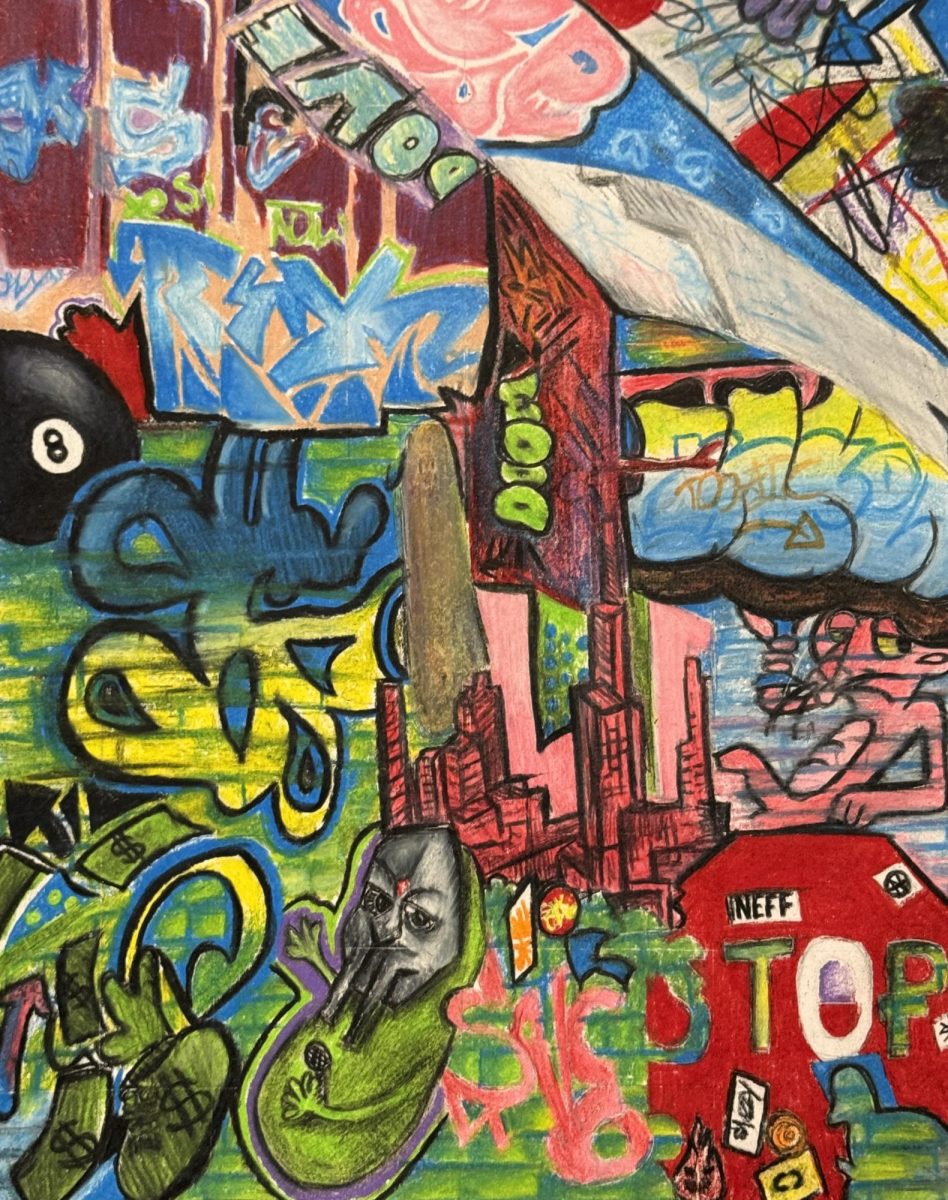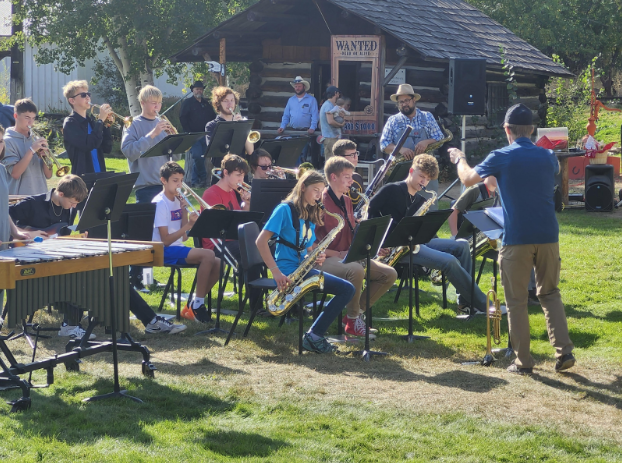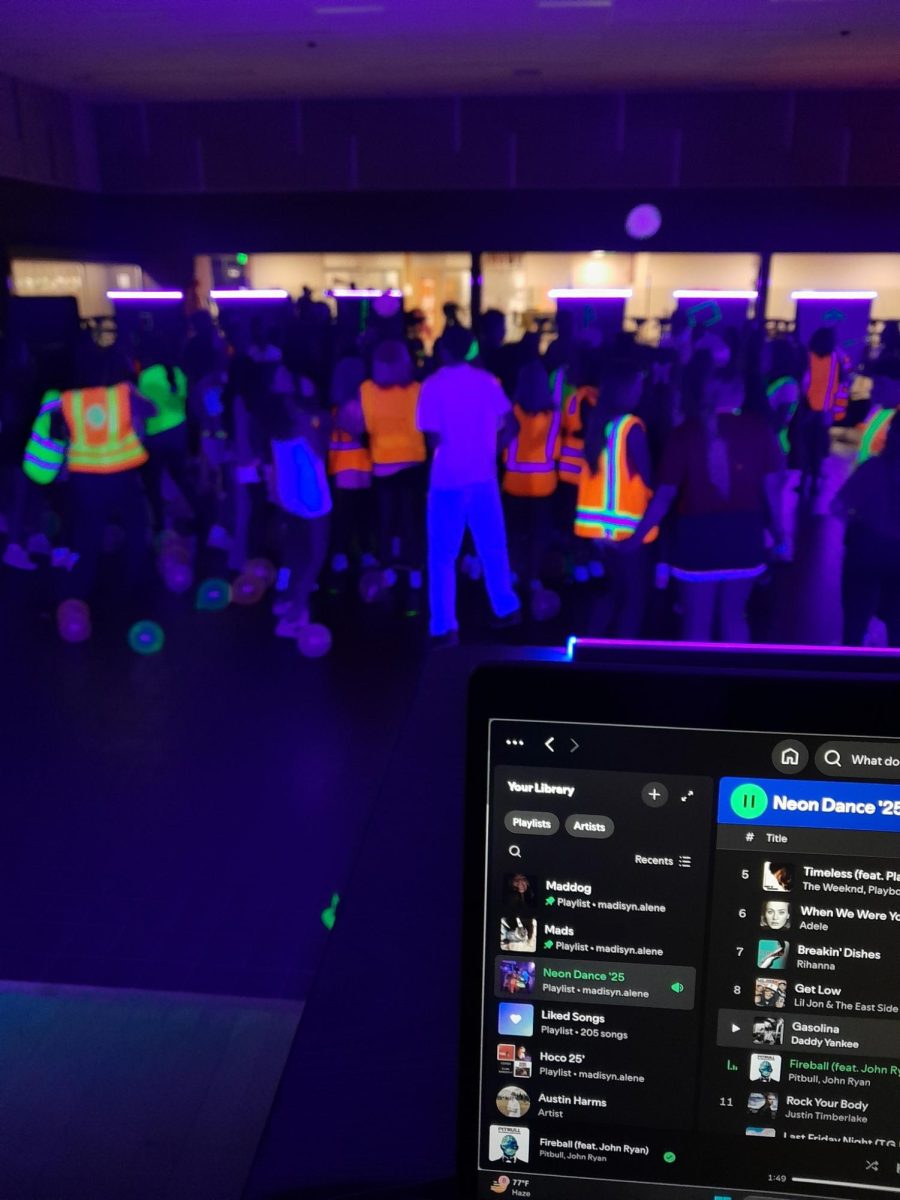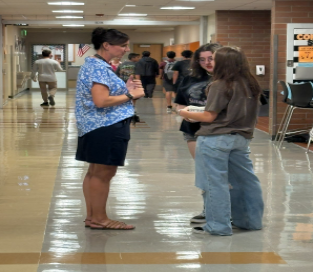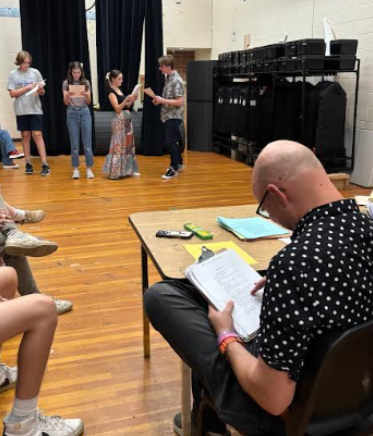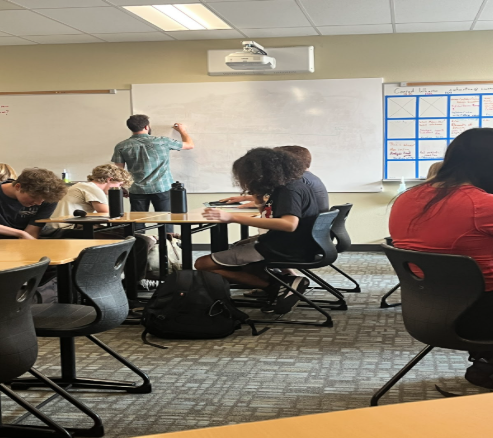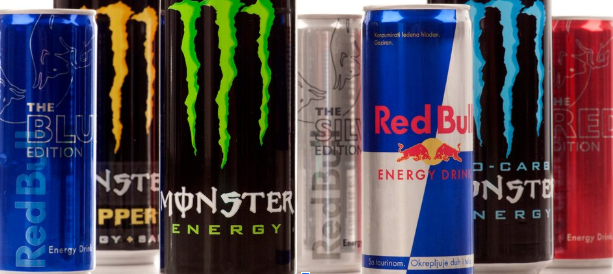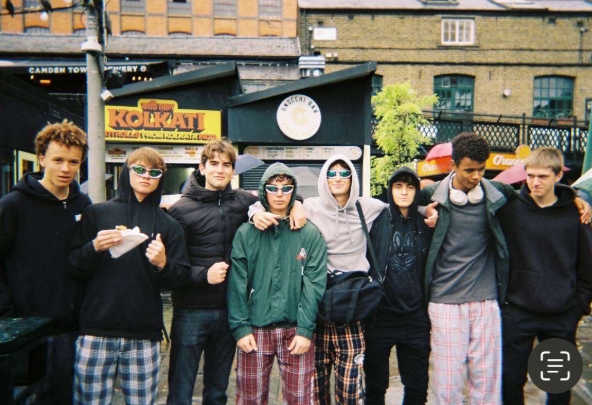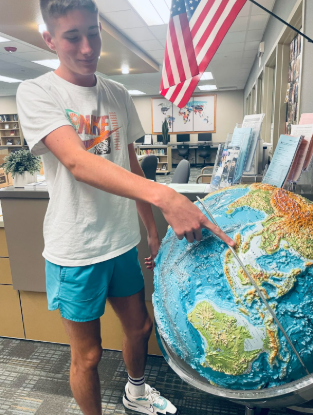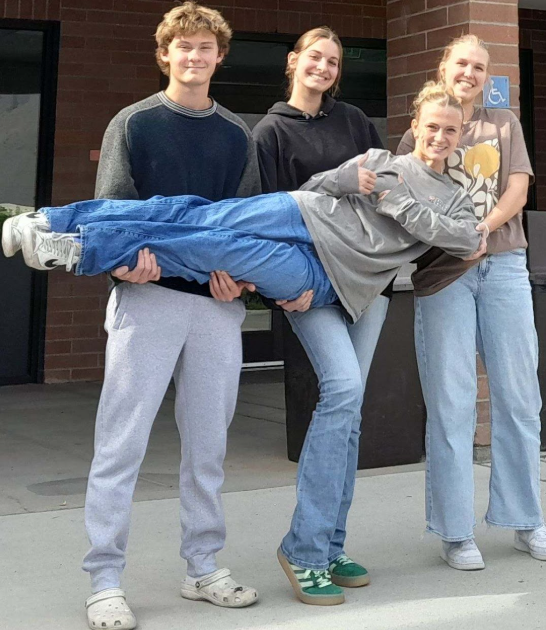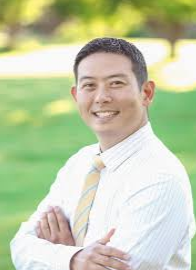
Energy drinks have become a significant trend among teens; however, they may have numerous side effects that teens and adults are not aware of. According to Dr. Jonathon Kim, MD, a physician and owner of Cashmere Urgent Care, “There are probably several negative effects, most of it is related to the high doses of caffeine. It messes with the sleep cycles for teenagers.”
Dr. Kim, who worked in emergency rooms throughout his career, talked about how a lack of sleep can be related to anxiety and depression. “When I work in the ER, I see a lot of kids who have anxiety, and things like that, and obviously, there are a lot of factors involved. One of the things you’ll see commonly is just not sleeping very much, whether it is because of screen time or caffeine.”
A 12-ounce can of Red Bull has 114 milligrams of caffeine. According to Dr.Kim, the half-life of caffeine is 5 hours. Half-life is the amount of time a certain chemical takes to cut in half. There are three half-lives of caffeine. “To put that in perspective, it would take 15 hours for caffeine to leave your system.”
If energy drinks are something a teen feels they need to have, they need to rethink some of their lifestyle choices and get more sleep. Some healthy alternatives to energy drinks, according to Dr.Kim, are “Good sleep, good food, good healthy habits. I think that if you do that, you will not need the energy drinks.”
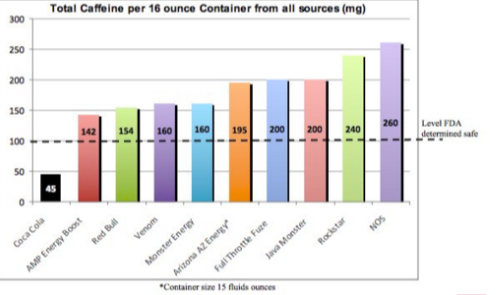
That was a medical professional’s opinion, but how does Dr. Kim’s view compare to a CHS student’s?
Although caffeine is not necessarily good for you, high school students do have valid reasons for using caffeine to help them get through the day, while also achieving academic success, doing after-school activities as well as maintaining a social life.
Sophomore at CHS Nick Simpson was interviewed about his thoughts on energy drinks. When asked how he feels about them, he had this to say. “After drinking energy drinks, I feel energized but also sometimes shaky.” This can be attributed to the high amounts of caffeine in these drinks, which is much more than what would be in a cup of coffee or in a different caffeine source. Nick says he does feel reliant on them to help him get through a school day, as is the case for most teens who drink them.
A proven way to have the energy to get through the day without caffeine is getting better sleep and eating healthier. However, if you still need caffeine even after doing that, drink coffee or tea. These are safer alternatives that not only have less caffeine but also do not have all the additives, sweeteners, and artificial colors.
With all this in mind, Simpson said that the school store probably shouldn’t sell energy drinks, but he understands where they come from because of how much money they are able to pull in. The energy drink craze has only grown in recent years, and it very well may keep gaining popularity. Next time you go to pick out some quick caffeine, keep in mind the facts and research.

